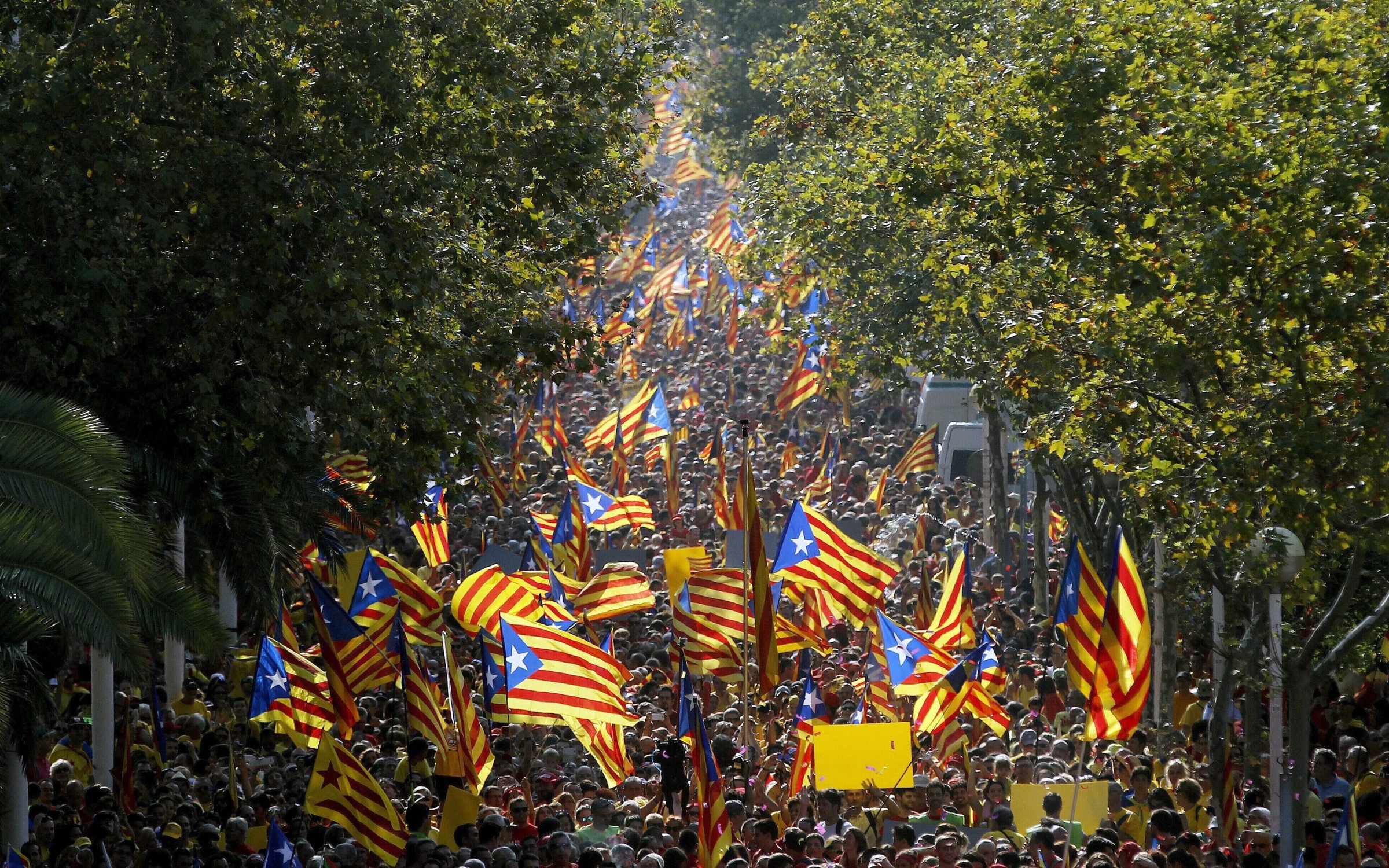
Spain’s leader said Monday that he will ask the country’s Constitutional Court to annul a new law that would allow the semi-autonomous Catalonia region to hold a referendum on independence.
Prime Minister Mariano Rajoy’s move, reported by BBC, follows a decree signed Saturday by Catalonia’s President Artur Mas calling for a Scottish-style referendum on independence to be held on Nov. 9. Spain’s central government quickly denounced the move, and Rajoy called the new Catalan law “anti-democratic” and said the vote “is not compatible with the Spanish constitution.”
Catalonia is home to 7.5 million people and is one of the most wealthy and most industrialized areas in Spain. Pro-independence sentiment in the region has surged in the years following Spain’s economic crisis. On Sept. 19, Catalonian lawmakers voted by a margin of 106 to 28 in favor of authorizing the referendum. Mas believes he can use local laws to hold the regional vote because it would be non-binding. He said “Catalonia wants to speak; it wants to be heard and it wants to vote.”
Rajoy responded by saying “there is no one and nothing that can deprive Spaniards of their constitutional rights” since Spain’s constitution does not allow referendums on sovereignty that don’t include all Spaniards.
[BBC]
More Must-Reads From TIME
- The 100 Most Influential People of 2024
- How Far Trump Would Go
- Why Maternity Care Is Underpaid
- Scenes From Pro-Palestinian Encampments Across U.S. Universities
- Saving Seconds Is Better Than Hours
- Why Your Breakfast Should Start with a Vegetable
- Welcome to the Golden Age of Ryan Gosling
- Want Weekly Recs on What to Watch, Read, and More? Sign Up for Worth Your Time
Write to Naina Bajekal at naina.bajekal@time.com